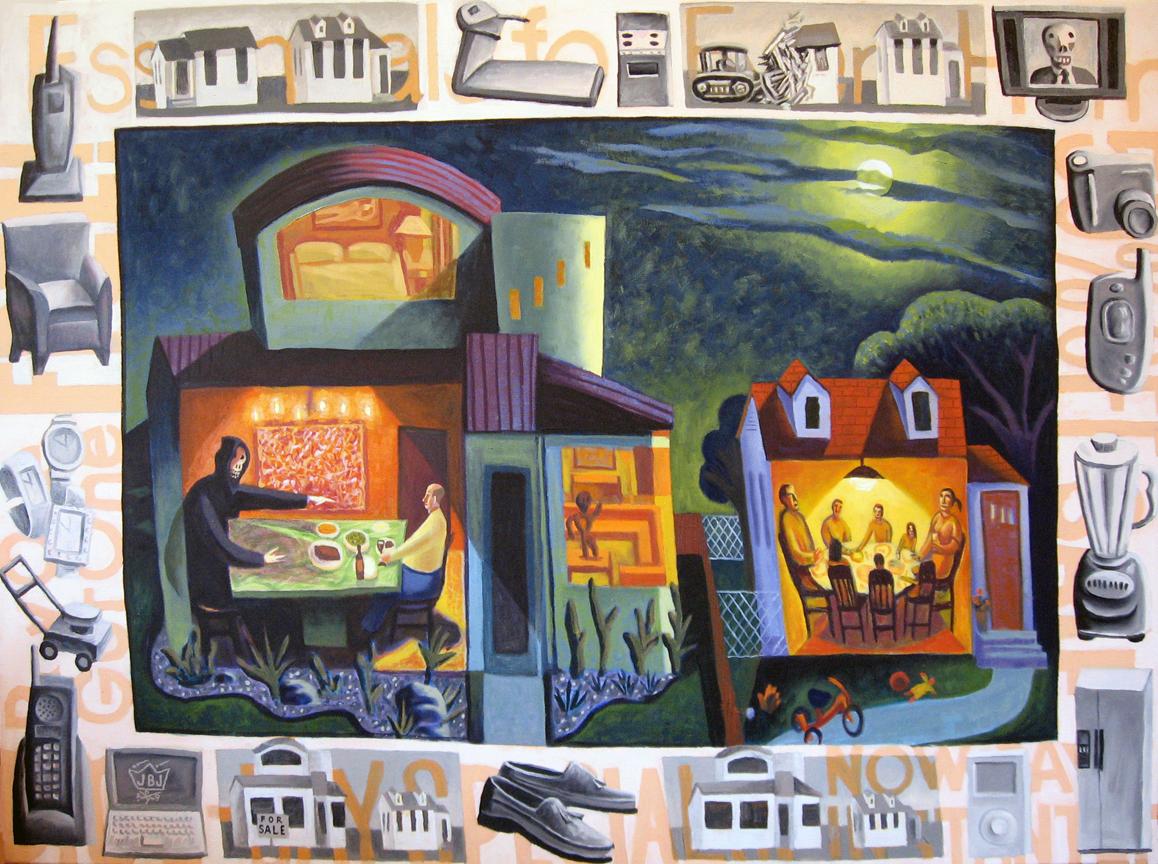Liturgy

Community Liturgy
Thank you to Loyola House and Mr Yates, for your preparation of the community Liturgy on Wednesday – the feast of Saint Ignatius of Loyola.
The next Community Liturgy will be THURSDAY 15 August – the Feast of the Assumption of Mary, mother of Jesus. The Mass will be prepared by Ward House – an opportunity for families in Ward House to begin the day with Community Mass.
Community Liturgy summary
Where: College Chapel
Time: 8:00am – 8:30am
When: every Friday in term time (see exceptions this term)
EXCEPTIONS
- Week 3 – John XXIII Day whole College Mass (no Community Mass)
- Week 4 Community Mass – Thursday 15 August, to celebrate Feast of the Assumption (no Community Mass 16 Aug)
GOOD NEWS for: Feast of Saint Ignatius
31 July 2019
The reflection for this Sunday’s Gospel is a homily by Jesuit priest, Fr Richard Leonard. Fr Richard Leonard SJ is the Director of the Australian Catholic Office for Film and Broadcasting, is a member of the Australian Catholic Media Council and is author of Preaching to the Converted, Paulist Press, New York, 2006.
In his Spiritual Exercises, St Ignatius Loyola says that pride, riches and power are the three most seductive and destructive temptations in the world. So many conflicts, and their continuance, can be traced to the interplay of this unholy trinity. The so-called reality TV show, Big Brother and its many imitators demonstrate just how far some of our compatriots will go to be famous, to be wealthy or to have a certain clout in the popular imagination.
We should never be surprised when our media culture reflects this back to us, because by watching the programs, reading the papers and the magazines, listening to the shock-jocks and buying the merchandise, we are part of the problem, not the solution.
In today's Gospel Jesus tells us just how deadly riches and greed can be. Our own experience tells how right He is: think of how many children fight in the playground because everything they see is ‘mine’; the families who have fought over an estate; the number of friends who have fallen out over even small amounts of money; colleagues who no longer speak to each other because of a failed investment; and nations who have gone to war to get what their neighbours have.
The issue with money is not having it, because money, and the health, education and welfare that flow from it are good things, whereas poverty is an evil that God wants wiped off the face of the earth. The problem is what we do with money and what it does to us. Some Christians think that just because they are financially comfortable from legitimate earnings, they do not have to take any responsibility for the world's poor who are often stereotyped as being lazy, war-mongering and irreligious. These images may justify not sharing more of the excess we have, but it does not remove the moral obligation Jesus demands of us today. Of the world's 6 billion people, 1.2 billion of them live on US$1, or less, a day. On average 26,000 children will die today of starvation. We should try telling them they're lazy, war-mongering and irreligious! In an attempt to get rich quickly or to stay rich, most western countries gamble away 10 to 15 times more money than they give to third world development – money that might see markets and wages that are just, and so provide an incentive for work, curtail or prevent some wars and help develop democracy.
When faced with the enormity of the world's poverty, the bad spirit can convince us that it is so large there is nothing that we can do about it. Not true. Every moment of consciousness and each act of goodness toward anyone anywhere is a victory for God's kingdom and will to be done 'here on earth as it is in heaven'.
No one can pretend, however, that sharing is always easy or that throwing money around will solve the world's problems. Everyone who works in the front-line says that the biggest obstacle in the war on poverty is dignity. And dignity, as Jesus reminds us today, has very little to do with money or possessions. Each time we make a claim for our own dignity and we give dignity to people who do not even claim it for themselves, we contribute to the generous and just world Jesus wants. And sometimes that can be as easy as turning the channel on the radio or the TV.
Fr Pedro Arrupe inherited the office of leading the Jesuits four centuries after its founder St Ignatius Loyola died. He once said that, ‘the celebration of the Eucharist is always incomplete while there is hunger in the world.’ Let's pray that our celebrations of the Eucharist do not blunt the hard edge of the Gospel. Rather let us accept its power to convert our hearts and minds that we might meet its challenges in regard to bestowing dignity and sharing our possessions with those who have a just claim on them.
© Richard Leonard

